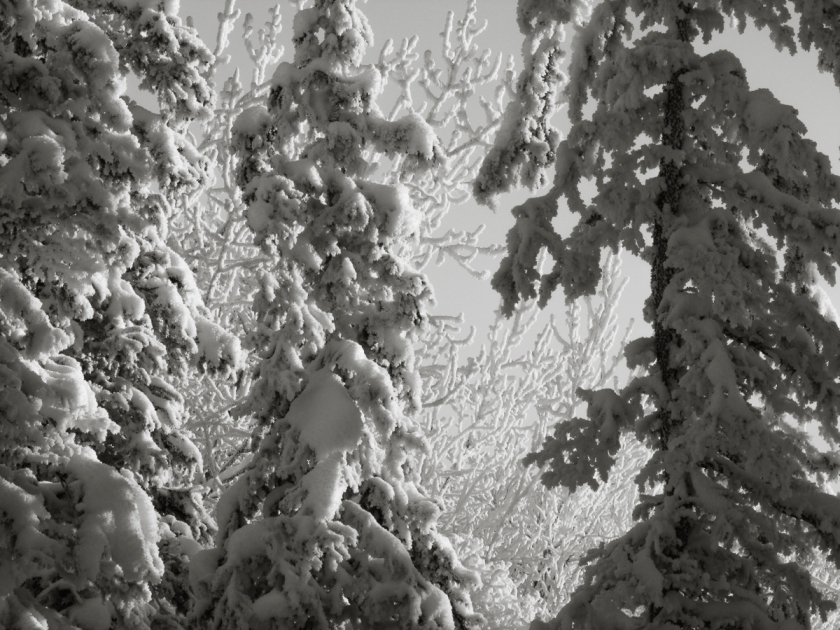I and my students enter the tribal hall quietly and take seats along the back wall. Fire blazes in a massive wood burning stove in the middle of the hall, fending off the cold outside. Tables have been arranged in a ring of honor at which dozens of Native Alaskan fishermen sit. They come from every bend of the Yukon River, from Canada all the way down to its mouth where it empties into the Bering Sea.
Many research and management representatives are present, too, and I know they are devoted to restoring the king salmon population. But honestly, they present observations and data but no answers for the decline. I can hear the impassioned sincerity of the researchers as they present their data, and their pain as they explain that 2014 will be another difficult year for the fishermen.
The fishermen listen respectfully, speak the same, but frustration and fear hang palpable in the air. This symposium is about giving everybody a chance to share ideas and concerns, and they do:
“We want to know why this is happening. You study and get all this data but you don’t tell us why and don’t help us fix it. What is the answer?”
“Every year we come to meetings and voice our concerns and offer our help, but who is taking what we say to others who can do something about it?”
“The pollock fisherman in the Bering Sea are taking too many of our salmon in their by-catch and nobody stops them.”
“In Seattle you can buy Yukon Kings for twenty dollars a pound, but we are told we cannot fish in our own river.”
“We are made to feel like crooks.”
And from Simon, the eldest of the elders present, a seasoned word of wisdom, “This has happened before. Our climate is changing, and we have always known such things affect the King.”
There really are two problems here.
The first, what to do about the Kings. Researchers haven’t enough data to thoroughly understand this one, much less to propose a solution for it.
The second, trust. And who can say which of the two problems really is the greater long term issue?
Those who manage the fisheries along the river react conservatively and shut down fishing for the Kings when their monitors report small runs. But they permit more fishing in some segments of the river than others and this angers fishermen. There are legitimate reasons for this but if you are the fisherman drawing the short stick, the reasons aren’t much consolation.
And the fishermen. What are they to think? They want answers but receive none. They sincerely want to preserve the King’s future, but their caches go empty and they must find a way to feed their families.
When men work together, they accomplish great things. But teamsmanship requires trust, doesn’t it?
Disconnect.
For your information, fishermen in our stretch of the Yukon were permitted to fish for kings for only 24 hours in the year 2013. Canada did not receive the number of Kings agreed upon by treaty.
